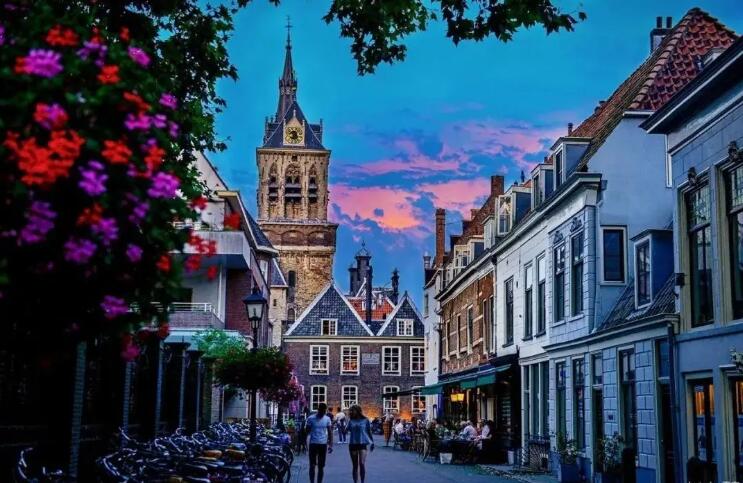 荷兰人和德国人有什么不同?
荷兰人和德国人有什么不同?
正文翻译

What are differences between Dutch and German people?
荷兰人和德国人有什么不同?

What are differences between Dutch and German people?
荷兰人和德国人有什么不同?
评论翻译

What are differences between Dutch and German people?
荷兰人和德国人有什么不同?

What are differences between Dutch and German people?
荷兰人和德国人有什么不同?
很赞 1
收藏